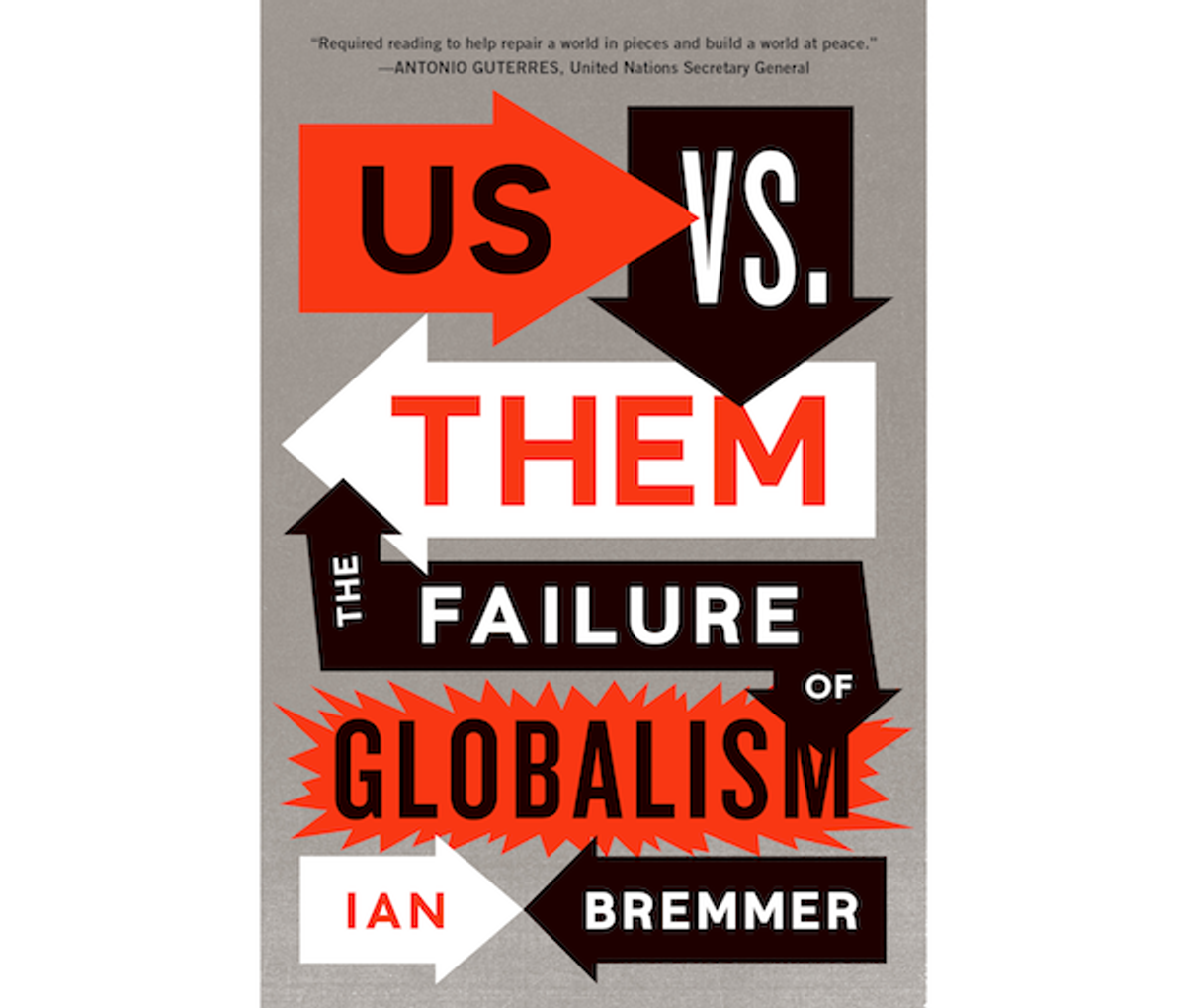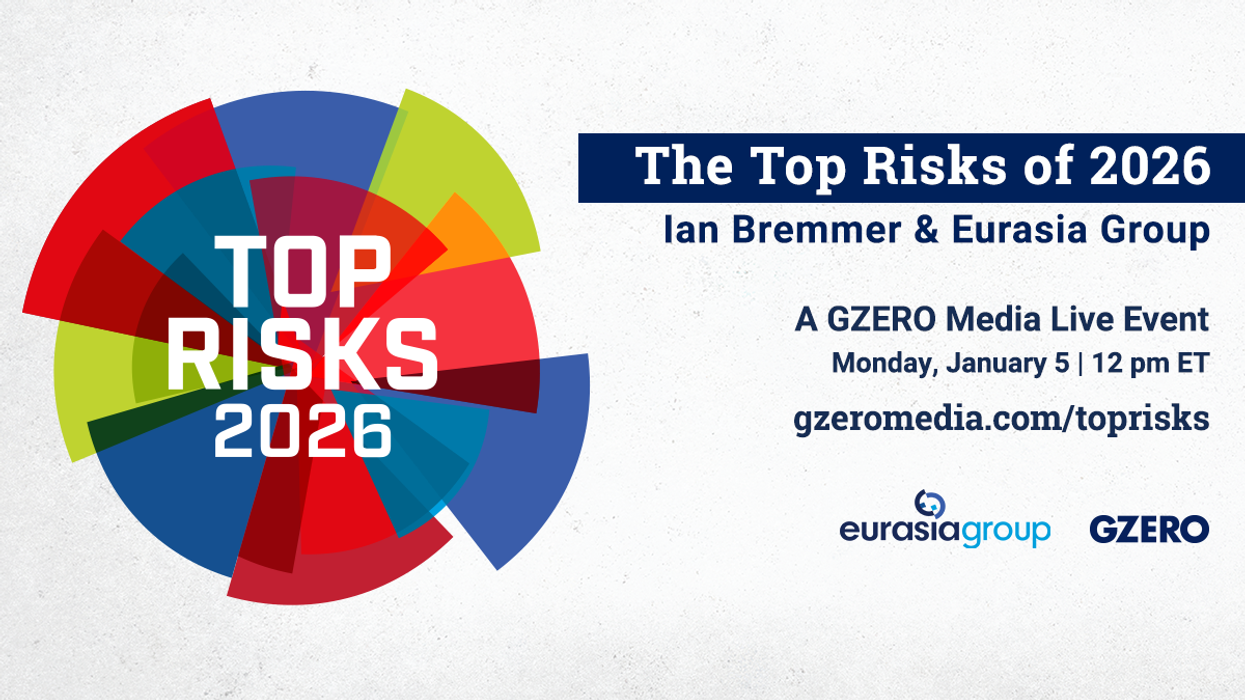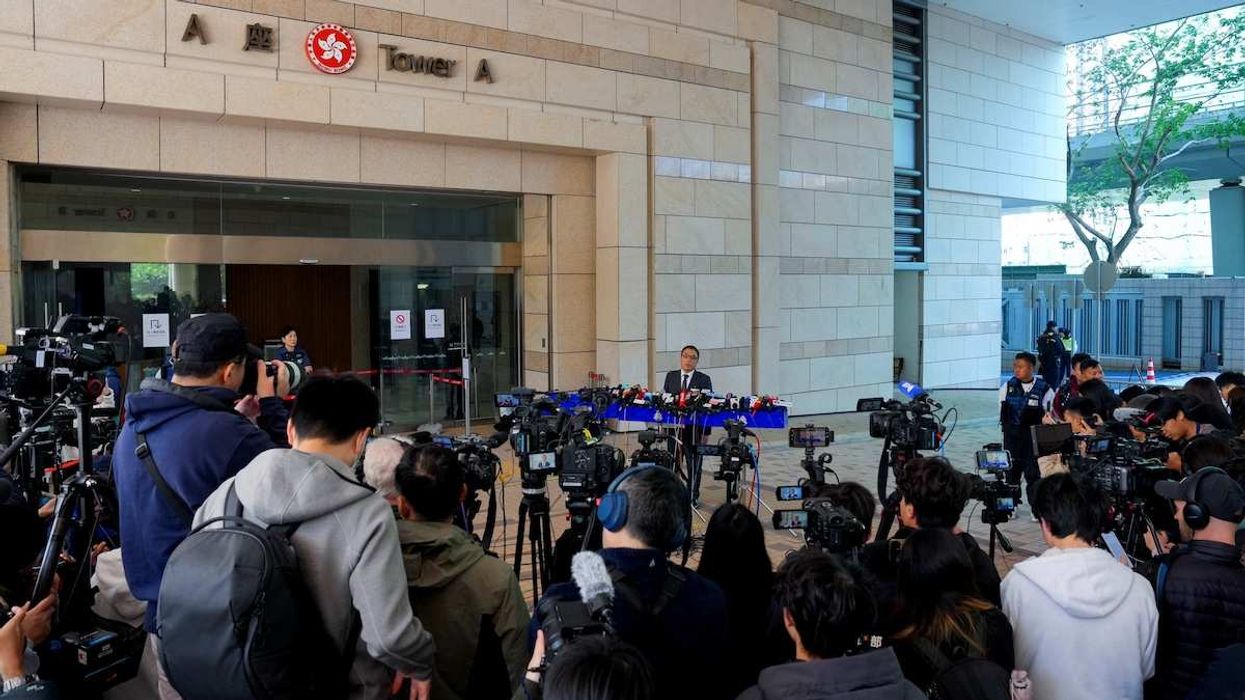Ian Bremmer (president of GZERO Media and Eurasia Group) has a new book out next week. It’s called “Us vs Them: The Failure of Globalism.” I expect many people will soon be arguing about both its interpretation of the present and its vision of the future.
A few words on the main points of argument:
1- Ongoing economic and technological changes in today’s world make it much harder for government to meet our needs. Globalization and new technologies threaten our jobs. Fights over migration have transformed borders into fault-lines. Predatory companies, other governments, and criminals compete for access to the data we produce. Our government isn’t protecting us.
2- These problems open doors for politicians who promise to protect “us” from “them.” Depending on the country and the context, “them” can be establishment politicians, foreigners, racial, ethnic or religious minorities, bankers, reporters, the police, the criminal, or supporters of the other political party.
3- This trend is fully visible in Europe, where far-right political parties have made extraordinary gains in recent years, in Britain (see Brexit), and in the United States (see Donald Trump and the most extreme voices in both parties.)
4- But look to the future, and you’ll see this isn’t just a rich-world problem or a threat only to democracies. Automation of the workplace, in particular, will disrupt the ways that developing countries build and sustain middle classes. These places already have weaker political institutions than in wealthy democracies, and many have ready-made “us vs them” racial, ethnic, and religious divisions already within their borders.
5- In both developed and developing countries, some governments will respond by building walls, real and virtual. Some of these walls will be designed to protect citizens from outsiders. Others will divide this group from that group. Still others will protect government from its people.
6- But there will also be governments — inspired by or partnering with the private sector, philanthropists, and individual visionaries — that experiment with ways to update the social contract for the 21st century. How to expand our conception of education? How to create a social safety net for the gig economy? How to tackle inequality of opportunity? How to restore public confidence in the ability of government to serve citizens?
Ian’s conclusion — Mocking Donald Trump and deriding the world’s strongmen is too easy and misses the point: The world is shifting beneath our feet. We must plan for the best outcomes and prepare for the worst.



















